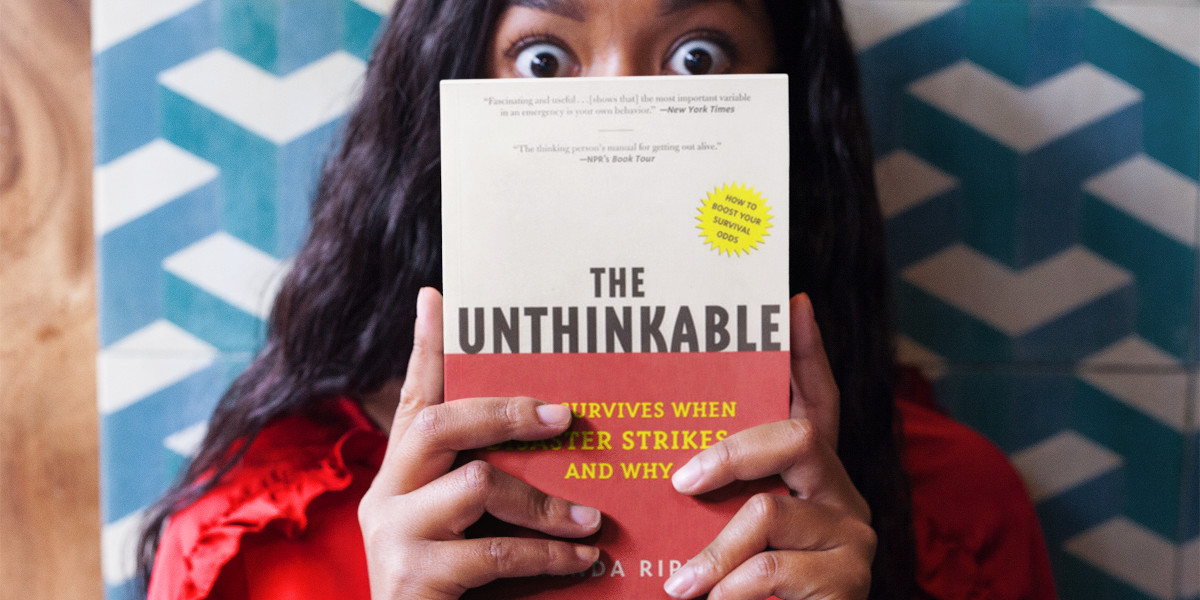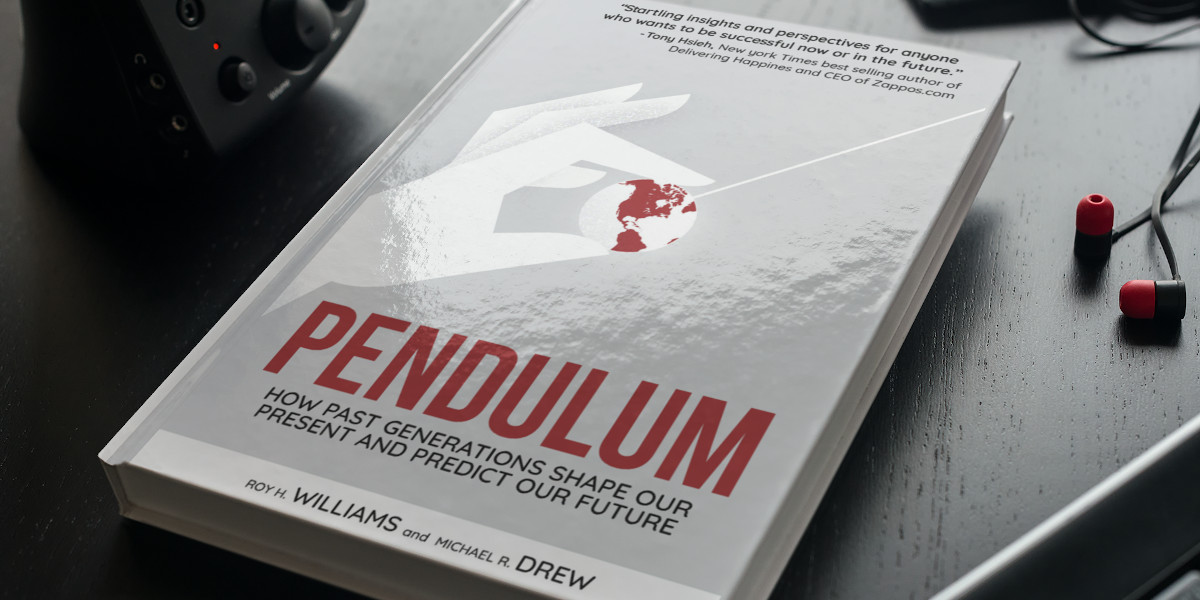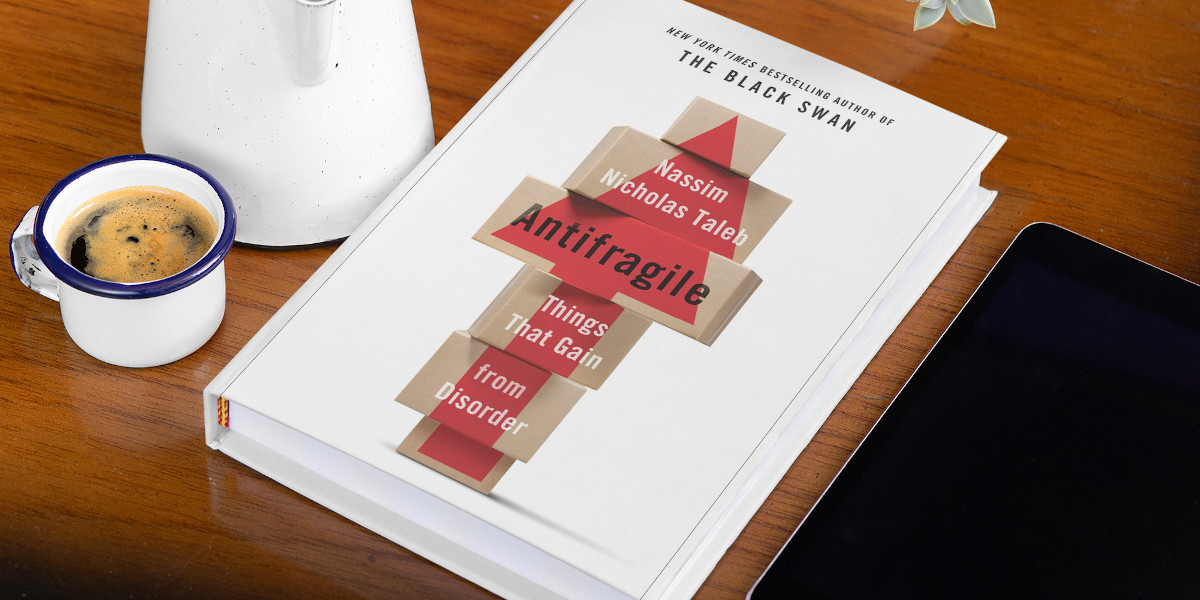How to Survive "The Unthinkable"

In "The Unthinkable: Who Survives When Disaster Strikes and Why," veteran journalist Amanda Ripley investigates how likely you are to escape death in an emergency. "Regular people," she writes, "are the most important people at a disaster scene, every time." Ripley's book is the product of extensive, meticulous research, which she translates into compelling anecdotes and refreshingly straightforward reommendations.
"The Unthinkable" begins by debunking the myth that most people panic, horror-movie style, in an emergency situation. Although the evidence shows that this is not what happens, it also suggests that "our disaster personalities can be quite different from the ones we expect to meet." Will you freeze? Or will you draw upon inner strength you didn't know you had? How you respond might make the difference between making it home or not.
Ripley's pedigree as a writer for Time Magazine and The Atlantic might suggest that she would promote a progressive, "trust the authorities" approach. But, apparently, her research findings taught her otherwise. "Only after everything goes wrong do we realize we're on our own," she writes, "And the bigger the disaster, the longer we will be on our own."
This emphasis on self-efficacy is reinforced by Ripley's conclusion that "we have more control over our fates than we think. But we need to stop underestimating ourselves." In addition to recognizing the need to take responsibility for our own safety, there are concrete measures that Porter recommends.
- Don't Deny. In the movies, people scream and run when something bad happens. In reality, people try to rationalize away what's happening, check with their friends or co-workers, and generally fail to recognize the urgency of a truly dangerous situation.
- Question Your Assumptions. Logically, we can all understand that Risk = Probability x Consequence. The higher the probability, or the more severe the consequence, the greater the risk. But we instinctively function as though Risk = Probability x Consequence x Dread/Optimism. Just because something is scary (e.g., a plane crash) does not mean it is a higher risk. Conversely, just because you've played with your phone a thousand times while driving doesn't mean that this won't be the time it causes a tragic accident. Don't assume that you are assessing risk correctly.
- Fear Makes You Stupid. Physiologically, you are not the same person when you are afraid. Your brain will shift resources from higher functions - thinking, problem-solving - to processes that will physically help you escape danger. This is why it's vital to decide what you'll do in an emergency before it happens. Assume that you will not be able to make good decisions when you're upset, and make them in advance instead. Not only will this make your reponses better, it may reduce your fear.
- Train Properly. "The best way to negotiate stress is through repeated, realistic training," writes Ripley. The same way a boxer can dodge a lightning-fast punch to the face without thinking about it, you've learned to hit the brakes when something flies into the road. You don't think about it, because thought is too slow. Through practice, the behavior has become automatic. In an emergency, those automatic reflexes are going to be what drives your behavior.
- Breathe Slower. From Lamaze class to Green Beret training, the benefits of controlled breathing are well-established. Under duress, our breathing becomes more rapid and shallow. By deliberately slowing and deepening our breathing, we send a feedback message to our brains that the stress is not too bad. In response, the brain will dump less stress hormones into our bloodstream, and we can regain more of our ability to think.
- Confidence Is Everything. Studies have found that arrogant people tend to do abnormally well in disasters. The exact reason is unclear, but the fact is that you expect to die, you probably will. If you expect to live, you're more likely to. Resolve that you're "not going out like that," and your odds of success go up.
For more on Ripley's research, visit her website. To purchase the book, click here.


